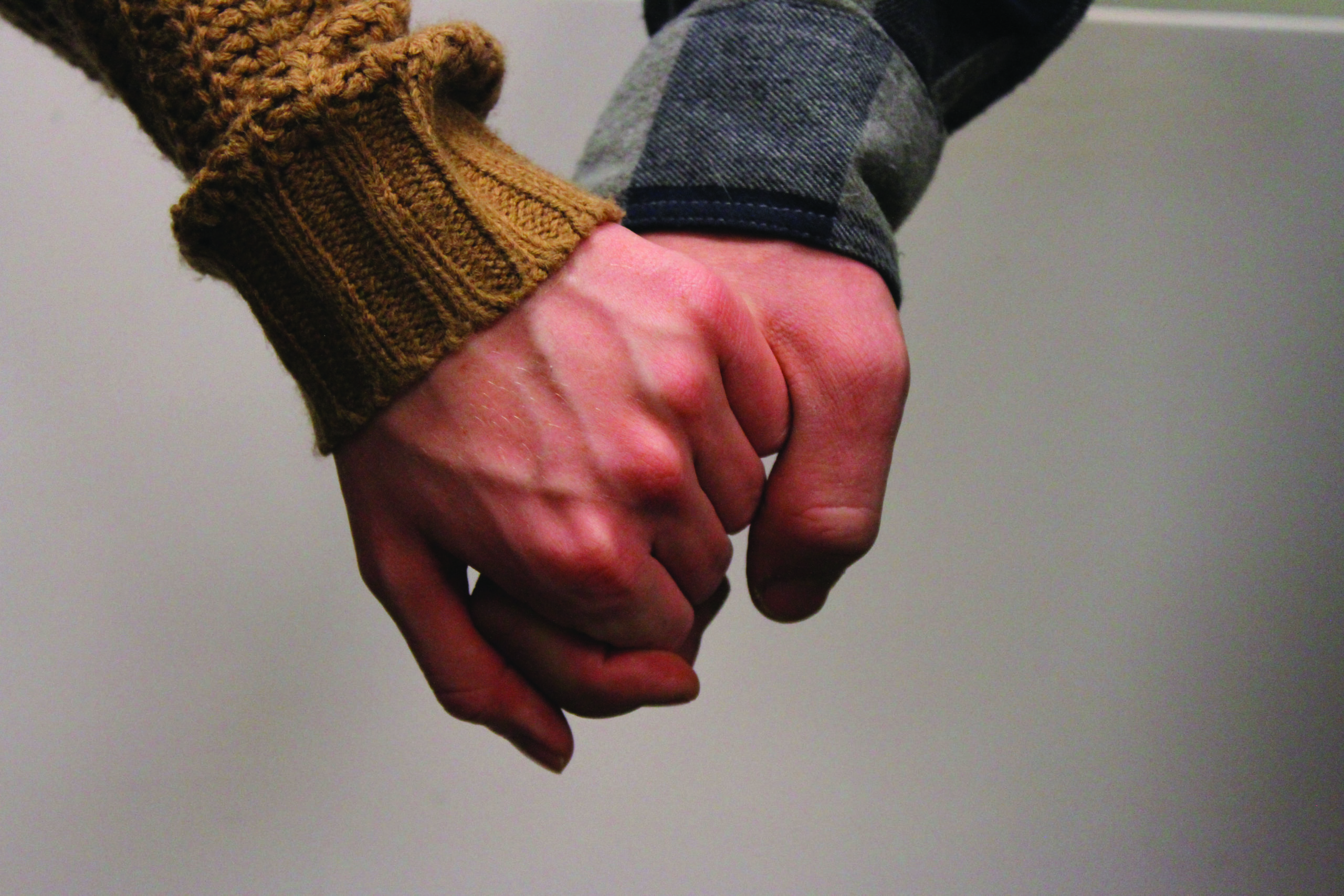One thing that is almost universally agreed upon by relationship experts and couples therapists is that we expect more of our partners and relationships now than we ever have in history. In the past, the majority of people only married once and rarely dated for more than a couple of years before becoming engaged. Marriage was an institution that largely exploited the free labour and limited rights of women, and most couples depended on each other only to run a household and raise children. Until far too recently, marriage was a contract of ownership — women were the property of their fathers and became the property of their husbands.
As women have gained autonomy and the right not to be owned, marriage and relationships have taken on a vastly different dynamic. In the past, power imbalances ensured that people stayed together out of obligation. But now, when everybody has the option to leave a relationship that is dysfunctional or unexciting, the bar has been raised.
Modern relationships are built on friendship and passion and romance and long term commitment and sex and companionship and adventure and the list goes on and on. The needs that used to be met by an entire community of people are now expected to be met by just one person. This in and of itself comes with interesting issues and inherent challenges for modern relationships. Yet despite the shift in expectations and paradigms within relationships, there is one expectation that continues — however unhealthily — to pervade these connections: ownership.
According to Merriam-Webster “to own” is defined in association with “to possess”. They are both transitive verbs defined as “to have or hold as property, to have power or mastery over, to enter into and control firmly, to dominate.”
Often in relationships one or both parties seek to control the other. Sometimes it begins as soon as you begin talking, and sometimes it takes place over time. Sometimes it is outrightly controlling statements — “I don’t want you to hang out with this person” or “I like you better when you do this”. Other times it is subtle, congratulating your partner on the things they do that you wish to encourage, or not supporting the things they enjoy or accomplish that you don’t approve of.
Rather than watching the other person do the things they love and grow, we try to get them to grow the way we want them to. Like an arborist, we prune the branches that grow out too far in one direction and support and splice the branches we want to encourage. We try to shape how the other person grows according to our own visions and expectations of how they could be, rather than appreciating them for what they are.
Why? What is it about relationships that equals ownership? Why do we feel entitled to direct the way that another person should exist? Is it not enough that both people grow and coexist and support each other in their personal and mutual goals? Is this idea of ownership a remnant of the way that relationships used to work or is it a result of the influx of expectations we now place on relationships? Maybe it’s both.
Theodore Roosevelt famously said comparison is the thief of joy. I think this is true. When we compare our partners to our fantasies, they will almost always fall short. Rather than celebrating and appreciating the things that they do well and the things we admire about them, we are left inspecting and obsessing over their flaws and faults.
Following the tree analogy, what if instead of trying to transform a cedar tree into an oak or a willow that we once admired, we focused on supporting that cedar tree in becoming the best cedar that it could be. And vice versa, if you are an oak tree, don’t let them prune you into a sad imitation of a willow tree. Be an oak.
That being said, in most relationships there will be some form of compromise. In healthy relationships this isn’t sacrificial or forced compromise, but the kind of compromise that arises when you discover that what you want with someone else is just as important to you as what you wanted before. This is not to say that you give up life goals, your morals or priorities or sense of self. In fact, most successful and fulfilling relationships that I’ve seen have involved the opposite. From what I hear they always take constant work, from both parties, and they always seem to be supportive of each others goals as individuals and as a couple.
It seems like when people value each other as equals and decide that each of their goals are important, but not more or less important than the other’s, this idea of ownership shifts to one of partnership. Merriam-Webster defines a partnership as “a relationship … usually involving close cooperation between parties having specified and joint rights and responsibilities.” Some of it’s synonyms include: connection, cooperation, and relationship.
Modern relationships are complicated. As gender roles are changing and even being eliminated in our culture, the binary that we used to view relationships has also had to change. And in many ways this has left our expectations of romantic relationships in limbo. But as we move forward, it seems to make sense — in a society of equals — to shift from a system of ownership — where one person was always in control of the other, both legally and socially — to one of partnership.





0 Comments